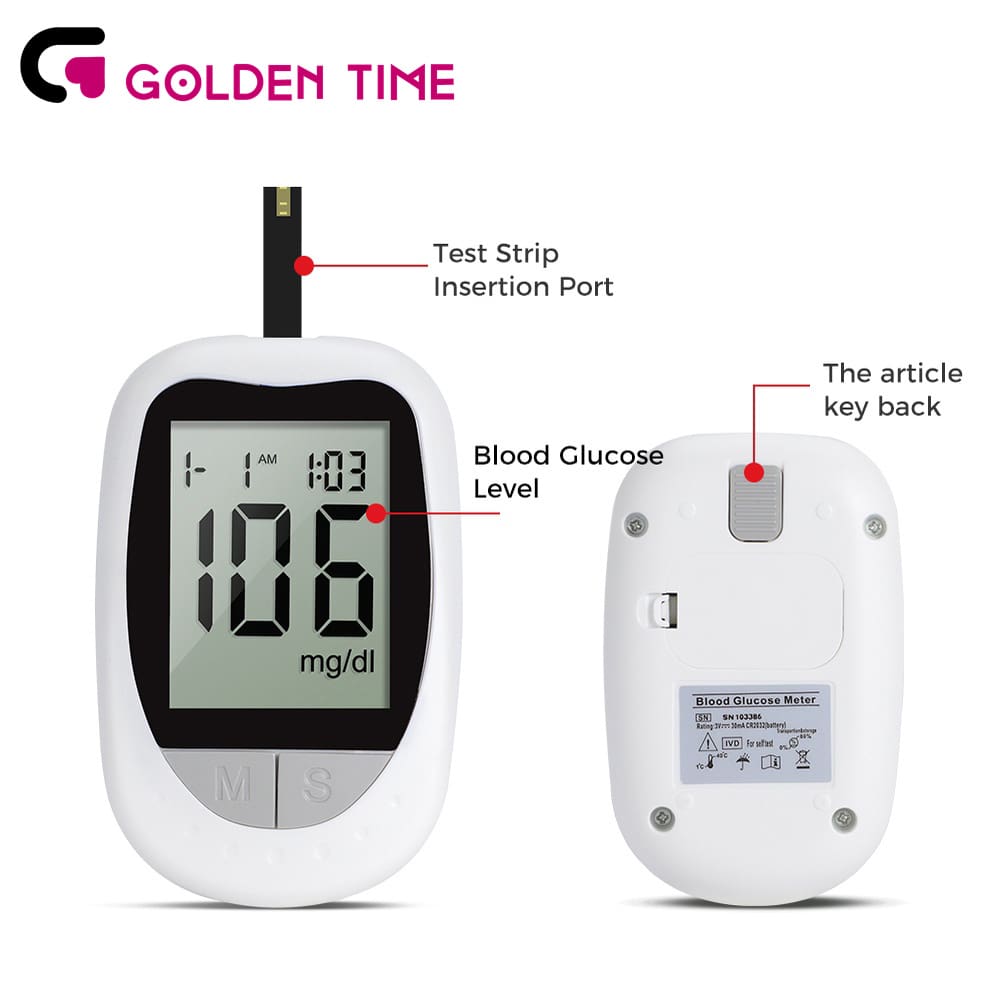ಡಿಸೆ . 19, 2024 03:38 Back to list
best ns1 igm igg dengue
Understanding Best NS1, IgM, and IgG Tests for Dengue Fever
Dengue fever, a mosquito-borne viral infection, poses a significant public health challenge in many tropical and subtropical regions worldwide. The dengue virus (DENV) is transmitted to humans primarily through the bite of infected Aedes mosquitoes. With symptoms ranging from mild fever to severe dengue, early detection and diagnosis are crucial for effective management of the disease. This is where diagnostic tests, particularly the NS1 antigen, IgM, and IgG antibodies, come into play. Understanding these tests can provide insights into the infection's status and the body’s immune response.
The NS1 Antigen Test
The NS1 test detects the non-structural protein 1 (NS1) of the dengue virus, which is present in the blood during the early phase of infection. This antigen can be detected as early as the first day of fever and remains detectable for up to nine days. The primary benefit of the NS1 test is its ability to provide early confirmation of dengue virus infection. A positive NS1 test indicates an active viral infection, allowing healthcare providers to intervene promptly and manage the patient’s condition effectively.
IgM Antibodies
Understanding Best NS1, IgM, and IgG Tests for Dengue Fever
IgG Antibodies
best ns1 igm igg dengue

Immunoglobulin G (IgG) antibodies, on the other hand, are developed later in the course of the dengue infection and signify a past infection or an immune response to vaccination. Typically, IgG antibodies become detectable about two weeks after the onset of illness and can persist for years, indicating long-term immunity. A positive IgG result alone does not confirm an active infection but rather suggests exposure to the virus at some point in the past. In some scenarios, the presence of both IgM and IgG antibodies might indicate a secondary dengue infection, which is clinically significant as it can lead to more severe disease manifestations.
The Importance of Diagnostic Testing
Together, the NS1 antigen test, IgM, and IgG antibody tests form a comprehensive diagnostic approach for dengue fever. Clinicians often use these tests in a sequential manner the NS1 test for early detection, followed by IgM and IgG antibody tests to assess the phase of the infection and the patient’s immune response.
Proper interpretation of these tests is crucial in dengue management. Misdiagnosis can lead to inappropriate treatment and increased risk of severe complications, particularly in cases where a second dengue infection occurs.
Conclusion
As the global incidence of dengue fever continues to rise, the need for efficient and accurate diagnostic testing becomes ever more pressing. The integration of NS1, IgM, and IgG testing provides a robust framework for early detection, precise diagnosis, and informed clinical management of dengue fever. Understanding these tests not only enhances healthcare providers' capacity to combat dengue but also informs public health strategies aimed at controlling the spread of this rapidly evolving disease. In a world where vector-borne diseases are on the increase, robust diagnostic capabilities will be a cornerstone of effective health systems worldwide.
-
Dengue NS1 Rapid Diagnostic Test Kit
NewsMar.07,2025
-
Dengue NS1 Rapid Diagnostic Test Kit
NewsMar.07,2025
-
Dengue NS1 Rapid Diagnostic Test Kit
NewsMar.07,2025
-
Transferrin Rapid Test Cassette Tumor Marker TF Card
NewsMar.07,2025
-
Malaria Pf Pan Rapid Diagnostic Test Kit
NewsMar.07,2025
-
malaria pf / pan ag rapid test
NewsMar.07,2025

